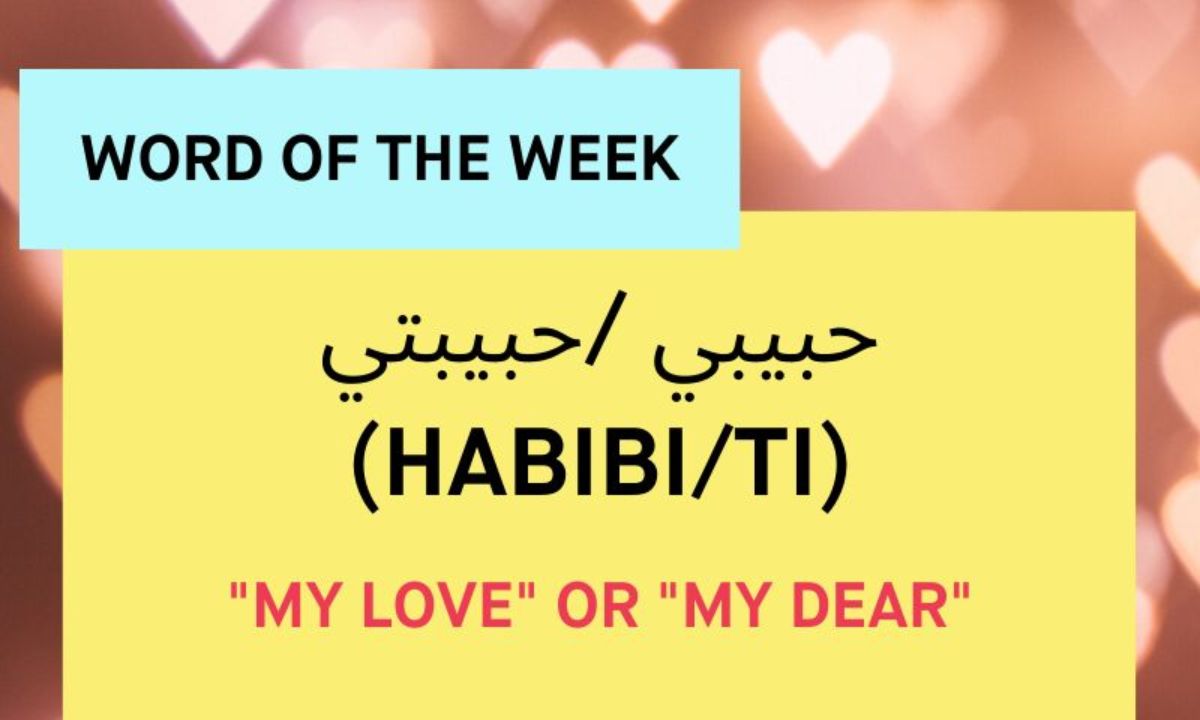Habibti meaning is “my beloved” in Arabic. People use it to show love and care for girls. It is warm, kind, and makes someone feel special.
The word Habibti is used for girls, while boys are called Habibi. It can be used with friends, family, or a girlfriend to show affection and respect.
Using Habibti meaning correctly shows love and friendship. Saying it politely makes people happy. It is a simple way to express care in everyday life.
What Does Habibti Mean to a Girl?
The word Habibti literally means “my beloved” or “darling” in Arabic. It’s specifically used for girls or women to show affection.
For example, you might text your female friend, “Good morning, Habibti!” to make her feel special. It’s a gentle, caring way to show someone that they are important to you.
Can I Say Habibti to a Boy?
Technically, no. The male equivalent is Habibi. Calling a boy Habibti might confuse him or feel awkward.
However, some people use it playfully with close friends, but it’s usually meant for females. So, stick with Habibi for men and boys.
Is Habibti Flirty?
The meaning of Habibti depends on the situation. It can be romantic, friendly, or casual.
- Romantic: between couples to show love.
- Friendly: among close female friends or family members.
The tone and context make all the difference. A warm smile or affectionate text can turn a simple Habibti into something romantic.
Can I Say Habibti to My Girlfriend?
Absolutely! Habibti is commonly used in romantic relationships. It adds a personal, loving touch when you address your girlfriend.
For example: “Good night, Habibti. Sleep well.” It’s intimate but sweet, and shows you care in a gentle, affectionate way.
Can I Call My Mom Habibti?
Yes! In Arabic culture, Habibti can also be used with family members. Calling your mom, aunt, or older female relative Habibti expresses love and respect.
For instance: “Habibti, can you help me with this?” conveys warmth and affection.
How Can I Call My Lover in Arabic?
Arabic has many terms of endearment for lovers:
- Habibi – for males
- Habibti – for females
- Rohi – my soul
- Omri – my life
Using these terms makes your words feel personal, emotional, and heartfelt. They are widely used in songs, messages, and daily conversations across Arabic-speaking communities.
Is “Habibi” Only for Romantic Relationships?
No. Habibi can be used for friends, family, and colleagues. It literally means “my beloved,” but in everyday conversation, it can just mean “friend” or “dear.”
For example, a male friend might say: “Habibi, let’s go grab coffee.” Context decides whether it’s romantic or friendly.
What is Yalla Habibi?
The word Yalla means “come on” or “let’s go.” So, Yalla Habibi literally means: “Come on, my dear” or “Let’s go, darling.”
It’s commonly used in casual speech, texts, and memes. For instance: “Yalla Habibi, we’re going to be late!” It’s playful, affectionate, and widely recognized in pop culture.
What is Habibti in Islam?
Habibti itself is not a religious term. It’s a cultural expression of affection used in Muslim communities.
In Islam, using affectionate words with family, friends, or spouses is perfectly acceptable. However, romantic usage should respect cultural and religious boundaries.
What Language is Meri Jaan?
Meri Jaan is a Hindi/Urdu phrase meaning “my life”. It’s similar to Habibti in expressing love and endearment.
For example, in Bollywood songs, couples often say: “Meri Jaan, I love you” to show deep affection. It highlights how different cultures have unique but similar ways to show love.
Final Thoughts
Using Habibti shows love and care for a girl, friend, or family member. Habibti meaning is “my beloved,” and it helps you express warmth and affection naturally. Saying it in the right way makes your words kind and personal.
The word Habibi is for boys, while Habibti is for girls. Using these Arabic terms of endearment correctly shows respect and love. You can call your lover, mom, or friend with these words to make them feel special and appreciated.

Welcome to Bloomnis.com! I am the admin, here to bring you the best jokes and laughter. My goal is to make your day brighter with funny content. Enjoy jokes, puns, and humor anytime. Keep smiling and have fun with us. Laughter is the best medicine!
















